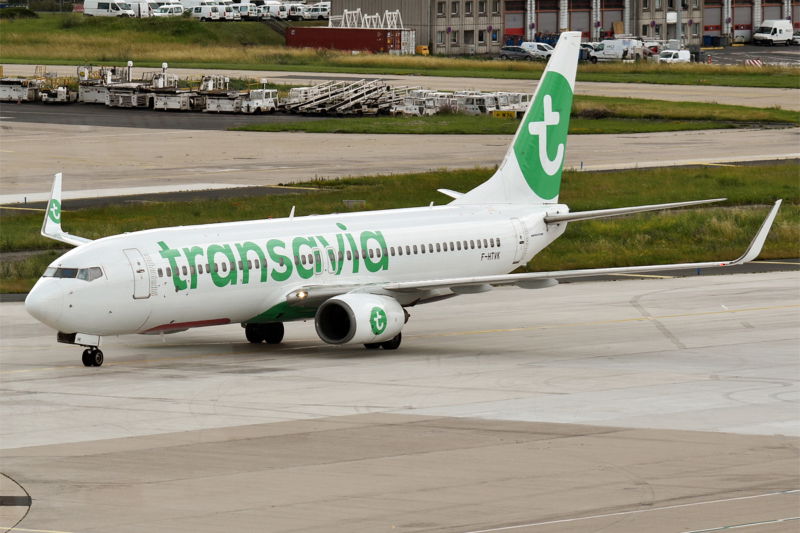EU Drops Airplane And Airport Mask Mandate

To no one’s surprise, EU agencies European Union Aviation Safety Agency (EASA) and European Centre for Disease Prevention and Control (ECDC) have decided to drop the mask mandate on board flights and in airports.
Citing factors like high levels of vaccination, naturally acquired immunity, COVID-19 trends and the relaxation of individual country mandates, the EASA and ECDC have decided that as of May 16, they will drop the recommendation for mandatory mask usage in EU-related airports and flights. Even though quite a few EU and other European countries have already relaxed their own country policy, the change in recommendation is finally coming from the larger collective.
Individual countries still have the right to implement their own mask policies at airports and on their respective airlines, but the odds are countries are most likely going to follow the new guidelines and drop their respective policies as well.
ECDC Director Andrea Ammon said: “The development and continuous updates to the Aviation Health Safety Protocol in light of the ongoing COVID-19 pandemic have given travellers and aviation personnel better knowledge of the risks of transmission of SARS-CoV-2 and its variants. While risks do remain, we have seen that non-pharmaceutical interventions and vaccines have allowed our lives to begin to return to normal. While mandatory mask-wearing in all situations is no longer recommended, it is important to be mindful that together with physical distancing and good hand hygiene it is one of the best methods of reducing transmission. The rules and requirements of departure and destination States should be respected and applied consistently, and travel operators should take care to inform passengers of any required measures in a timely manner. The importance of these measures should continue to be effectively communicated to passengers for their safety, and ECDC will continue to work with our colleagues at EASA to regularly assess and amend the recommendations as necessary.”
This comes just 3 weeks after the U.S. mask mandate policy was overturned in a district court.
Even though the policy will soon come into effect, note that masks may still be needed if you are traveling to a non-US or non-EU country that still has their respective measures in place. It’s best to check with the airline and do some research about the country you intend to travel to so you’ll know whether to pack some extra masks or not.
The new recommendations on the wearing of face masks are set to come into effect from May 16, 2022. However rules for masks in particular will continue to vary by airline beyond that date. For example, flights to or from a destination where mask-wearing is still required on public transport should continue to encourage mask wearing, according to the recommendations. Vulnerable passengers should continue to wear a face mask regardless of the rules, ideally an FFP2/N95/KN95 type mask which offers a higher level of protection than a standard surgical mask.
Passengers are also encouraged to observe distancing measures in indoor areas, including at the airport, wherever possible. But airport operators should adopt a pragmatic approach to this: for example, they should avoid imposing distancing requirements if these will very likely lead to a bottleneck in another location in the passenger journey, especially if they are not required at national or regional level in other similar settings.



